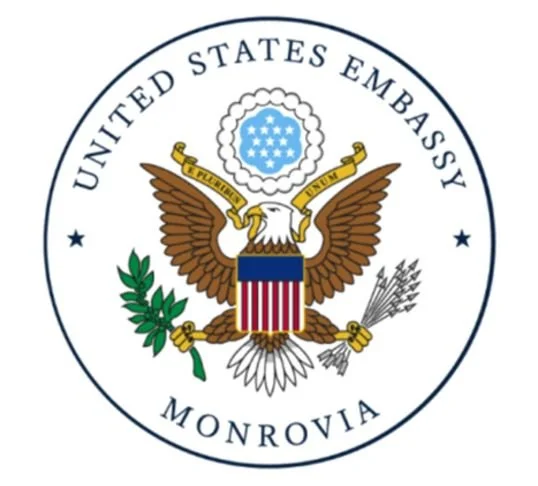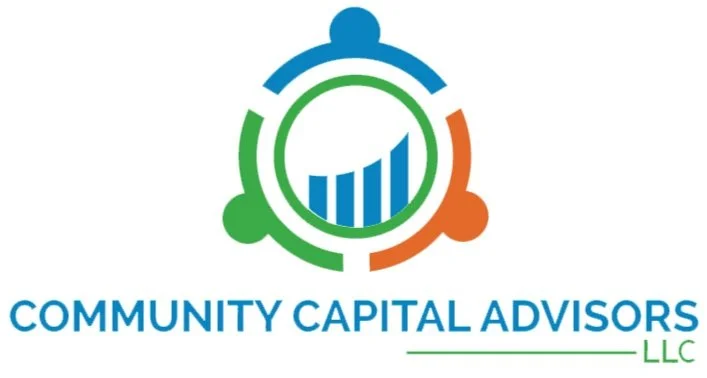Case Study: Liberia Institute for Girls
By Ruby Ranoa, Earth Forward Group
Published April 18, 2024
Students and teachers of the Liberia Institute for Girls
A Path to Progress
Amid Liberia's recovery from the aftermath of a 14-year civil conflict and the Ebola outbreak, the country confronts significant hurdles in education, peace-building, and socioeconomic development. The Liberia Institute for Girls Project stems from dialogues addressing Liberia's overarching needs, notably the socioeconomic deprivation and marginalization experienced by Liberian women and girls.
Liberia Institute for Girls (LIG) is an emerging applied poverty research and sustainable development platform for the Todee region of Liberia. The foundation of the LIG ecosystem is an environmental-based STEM (science, technology, engineering and mathematics) education environment for young women and girls. LIG is free-of-charge to allow each girl to stay in school without external burdens and fear of abuse or harassment, so she may focus on reaching her highest potential. The project seeks to leapfrog students into the fast-paced, information-driven, knowledge economy, while enhancing small enterprise development in the region as a catalyst for sustainable development.
Liberia Institute for Girls students
Project Design and Execution
Our comprehensive program design centers around addressing economic inequality for women in the region, emphasizing a holistic strategy that integrates environmental, social, economic, and physical dynamics. Our approach extends to designing a monitoring and evaluation plan, incorporating Key Performance Indicators, and establishing a reporting structure to assess progress, identify challenges, and facilitate communication with the philanthropic community, thereby enhancing future fundraising opportunities.
The Learning Lab facility design necessitated green building consulting, which encompassed renewable energy and water management scoping studies with careful consideration of climate change implications. Furthermore, our team delivered green construction training to local Liberian team members tasked with constructing the Learning Lab campus.
The program entailed developing place-specific and culturally informed STEM education curriculum, alongside sourcing materials for K-6 students. Additionally, we provided professional development support for Liberian educators by aligning their training with the STEM education at the LIG Learning Lab.
Our business development services were centered on identifying various potential partner organizations and entities capable of contributing to core aspects of the project, such as facility design, curriculum development, and monitoring and evaluation. We identified pertinent funding opportunities, crafted proposals to secure financial support for the project, and ensured alignment of the business plan goals with the United Nations Sustainable Development Goals.
More than 250 students are enrolled in the LIG Learning Lab, predominantly women and girls, with consistent attendance. Furthermore, there are encouraging reports of LIG attendees rejoining local Pleemu schools to further their education.
“I am pleased to express sincere thanks and appreciation to Ms. Diana McCarthy-Bercury and Earth Forward Group (EFG), and the women at EFG for their work and leadership on the LIG project.
EFG is the near-indispensable implementing partner of the LIG project, including the U.S. embassy-sponsored LIG’s environmental & science learning lab. A subset of the LIG, the lab enrolled about 240 students from villages across Pleemu Clan, Todee District in 2021-2022.”
Program Partners
This project was in collaboration with the Liberian government, the U.S. Embassy in Liberia, the People of the Todee District of Liberia, Community Capital Advisors Kakata Rural Teacher Training Institute, Connecticut Forest & Parks Association, Project Learning Tree, and the Capitol Region Education Council.








